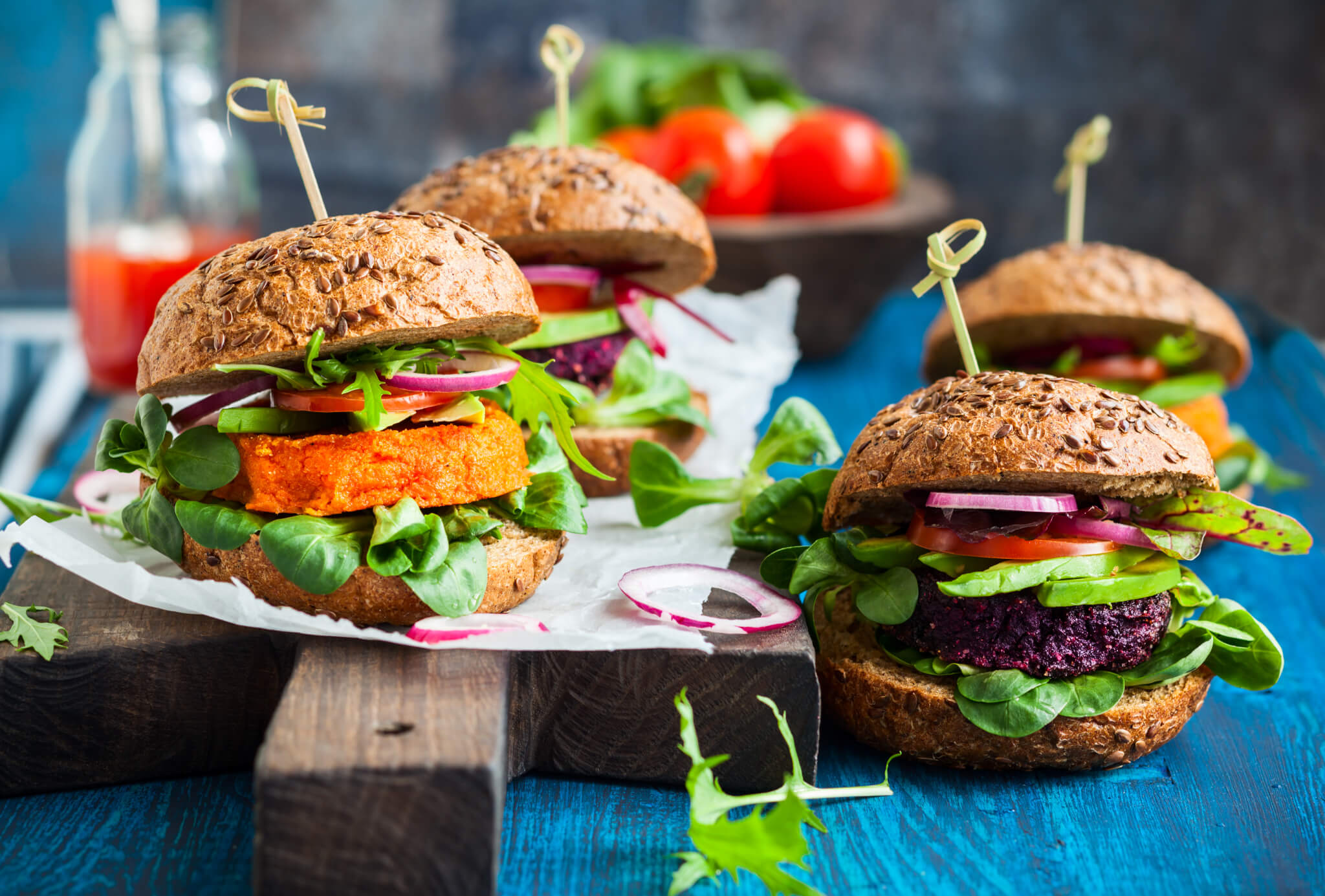One thing I’ve learnt over the course of my relationship and subsequent marriage to a chemist is that ‘chemicals’ in themselves are not a bad thing.
You and I are made of chemicals, so is literally everything else on the planet, whether we consume it or not. In her recent post for Mouthy Money, Joanna Blythman notes that many food items stacked on supermarket shelves today are “confected with unlabelled ‘processing aids’, such as enzymes.”
But the ‘chemicals’ that she lists can be found, very often, in nature too – they are neither a good thing, nor a bad thing. I think that, in part, a valid argument could be that we understand so little about what goes on our plates.
Healthy scepticism is good to have, but we shouldn’t mistake the ‘unknown’ for bad. Food science and nutrition are such complex subjects in modern life, that it’s impossible for the average Joe on the street to have a comprehensive understanding.
Another scary word that some people like to use a lot is ‘processed’. But what does that mean? What is food processing, and is it just for vegan food? According to the New World Encyclopaedia, “Food processing” is the set of methods and techniques used to transform raw ingredients into food or food into other forms for consumption by humans or animals either in the home or by the food processing industry.
Food processing typically takes clean, harvested crops or slaughtered and butchered animal products and uses these to produce attractive, marketable, and often long-life food products. Even the simple act of cooking food is processing it. The fact that a food product has been processed to a greater or lesser degree should not in itself be the basis for a value judgement of that food.
If there’s one group that it’s fun to hate, it’s vegans. With their detestable aversion to contributing to an industry that causes a lot of pain and environmental destruction. What horrible people, having the audacity to care about the history of what they put into their mouths.
According to Blythman, it’s the ‘vegan evangelists’ (as she lovingly dubs them) who are “propping up the ultra-processed food industry” – but this assertion completely ignores the facts. The ‘ultra-processed food industry’ (let’s just call it the ‘fast food industry’), has had a solid, pulsating, blood-filled, beating heart long before the word ‘vegan’ was ever coined.
Even now, with the horrific advent of the Gregg’s vegan sausage roll (what an abomination!) and McDonald’s awful vegan menu (far more likely to give you a heart attack that a healthy, wholesome slab of greasy bacon), you can still find far more meat options than those which are vegetarian or vegan.
The vegan-friendly section of the supermarket that I shop at is dwarfed by all the meat products by a considerable margin. I must admit – I like Linda McCartney burgers and I am more than a little partial to a bit of Quorn (shoot me). As more and more people choose to become vegan, there is no doubt that vegan processed food will take up a far bigger share of the market – it’s simple supply and demand economics.
Give me a processed carrot over meat from an animal that’s been squeezed up to its eyeballs with antibiotics any day.
One thing that Blythman does get right is that processed food (and we now know that, despite what she might want us to believe, that is currently mainly made up of meat products) is big business.
Why wouldn’t it be? In this busy world that we live in people crave convenience, so they’ll pay big money for it. I could easily buy all my ingredients raw and cook something up myself every day, but that takes time, and who ever has any of that?












